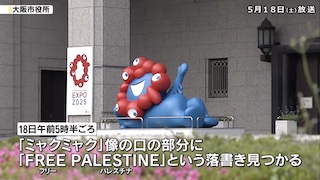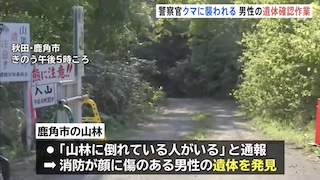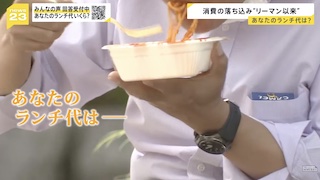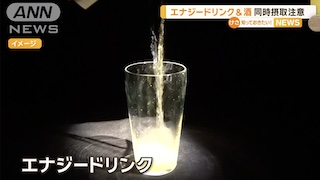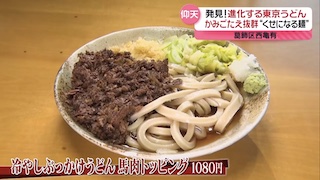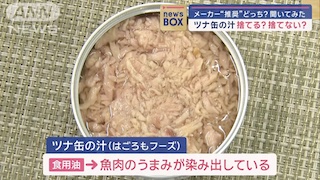YOKOHAMA, Mar 07 (News On Japan) - At a station in Yokohama City, unsold bread from the night is being sold using coin lockers, becoming a daily sell-out sensation.
In an effort to reduce food waste, the city has collaborated with local bakeries for this initiative. At Kannai Station on the Yokohama Municipal Subway, a line forms in front of a coin locker, now converted into a vending machine, offering leftover bread at 30% off.
A customer who managed to purchase the bread shared, "Usually, it's sold out by the time I pass by. Today is the first time I bought it."
The popularity of this initiative is evident as it sells out daily. The Yokohama City government started this in collaboration with local bakeries.
Masahiro Nakayama, from the Yokohama City SDGs Future City Promotion Division, said, "There are various items that get discarded daily, but we settled on bread since it can be stored at room temperature. We hope this initiative can serve as a trigger for people to think about reducing food waste."
The bread sold in the lockers comes from "Midori-do Pan," a bakery located just a short walk from Kannai Station. Despite the colorful display of delicious bread in the morning, not all of it gets sold.
Toshiaki Fujii from Midori-do Pan explained the unique situation leading to surplus bread, "If there's nothing left on the shelves by the evening, it might look odd for a bakery. So, we do bake a bit extra for appearances."
The bakery does not reduce prices before closing, as they want customers to visit at different times. Leftover bread is sometimes used for staff meals, but unfortunately, some have to be discarded.
To minimize waste, the bakery decided to start selling the leftover bread in coin lockers by closing an hour earlier.
Around 6 p.m., a staff member heads to the station with large bags filled with unsold bread.
"It's over 5 kilograms in each hand," said the staff member.
Only bread without perishable fillings, such as plain bread and salt bread, can be sold in the lockers. Within an hour of stocking the lockers, the bread is sold out.
A satisfied customer said, "I was looking forward to the bread being stocked in the lockers. It's a shame to waste it."
Source: ANN




